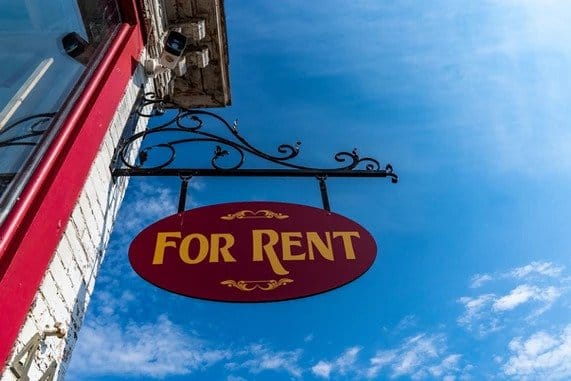Rate Cuts and the 2024 Commercial Real Estate Outlook
- The Fed has signaled, and most analysts agree, that there will be significant interest rate cuts in 2024.
- That could lead to a better environment for commercial real estate owners and developers.
- But while there is optimism, there is no guarantee that things will go as planned in 2024.
As the commercial real estate (CRE) sector navigates the choppy waters of rising interest rates and economic uncertainty, back in September Wells Fargo predicted the Fed would significantly cut interest rates in 2024. While most agree that rates will come down, Wells seems to be significantly more bullish than most analysts. So what does that mean? Will interest rates come down? And if so, what will that mean for commercial real estate?
Let’s unpack Wells Fargo’s prediction and analyze its potential impact on the CRE landscape.
Wells Fargo’s Aggressive Prediction on Interest Rate Reduction
As I wrote above, and as you presumable know, most folks I have talked to and read think that the Fed will lower rates some next year. Indeed, the Fed recently signaled it would do just that. Wells Fargo’s economists, though, kind of shocked the market when they announced back in September that they anticipate the Fed cutting rates by 2.25% in 2024. At the time they first announced this, most folks thought we’d see maybe a 0.5% reduction in 2024. But since then, consensus has started to align more closely with Wells.
In fact, recently the Fed itself lent some credence to Wells’ predictions. It signaled that it would lower rates 3 times in 2024 – for a total reduction of 0.75%. The market, however, has been more aggressive since the Fed’s announcement. It is pricing in a 1.5% reduction by the end of 2024. So it’s unclear what will exactly happen to rates next year, other than they will undoubtedly be lower than they are today.
What Will the Rate Reductions Mean for Commercial Real Estate?
Any rate reduction in 2024 – whether it is 0.75% or 1.5% or 2.25% – would undoubtedly inject optimism into the CRE market. It would also likely lead to the following:
- Borrowing Costs: Lower interest rates would translate to cheaper financing for CRE deals, potentially reigniting borrowing activity that has cooled in recent months. This could fuel investment in new developments, renovations, and acquisitions.
- Transaction Volume: Increased financing availability could lead to a rise in transaction volume across various CRE sectors, particularly in asset classes that were hit hard by rising rates, such as office and retail.
- Property Values: A more favorable lending environment could boost property values, particularly in markets with strong fundamentals and high demand. However, the extent of value appreciation would depend on several factors, including the specific asset class, location, and market conditions. But as cap rates have increased in recent years as interest rates have also increased, the opposite could happen. Cap rates could tighten again and, thus, property values increase.
The Outlook is Positive for 2024
While the interest rate environment presents a positive outlook for 2024, it’s crucial to approach it with cautious optimism. Its obviously not a guarantee that times will be better. Several factors could derail this scenario:
- Inflation: The Fed’s primary focus remains controlling inflation. If inflation persists above acceptable levels, the Fed may prioritize rate hikes over cuts, even if the economy weakens.
- Geopolitical Uncertainty: Global events like the war in Ukraine and ongoing supply chain disruptions could further complicate the economic picture and influence the Fed’s monetary policy decisions.
- Market Sentiment: Even if the Fed cuts rates, investor confidence could remain subdued if broader economic concerns persist. This could limit borrowing and investment activity in the CRE market.
The predictions of 2024 rate cuts offer a ray of hope for the CRE market, but it’s important to navigate this prospect with cautious optimism. The path forward remains uncertain, and experienced legal counsel can help navigate the complexities of CRE transactions in this dynamic environment. By staying informed, prepared, and adaptable, investors and developers can navigate the changing market landscape and make informed decisions that pave the way for success.
Rate Cuts and the 2024 Commercial Real Estate Outlook Read More »



